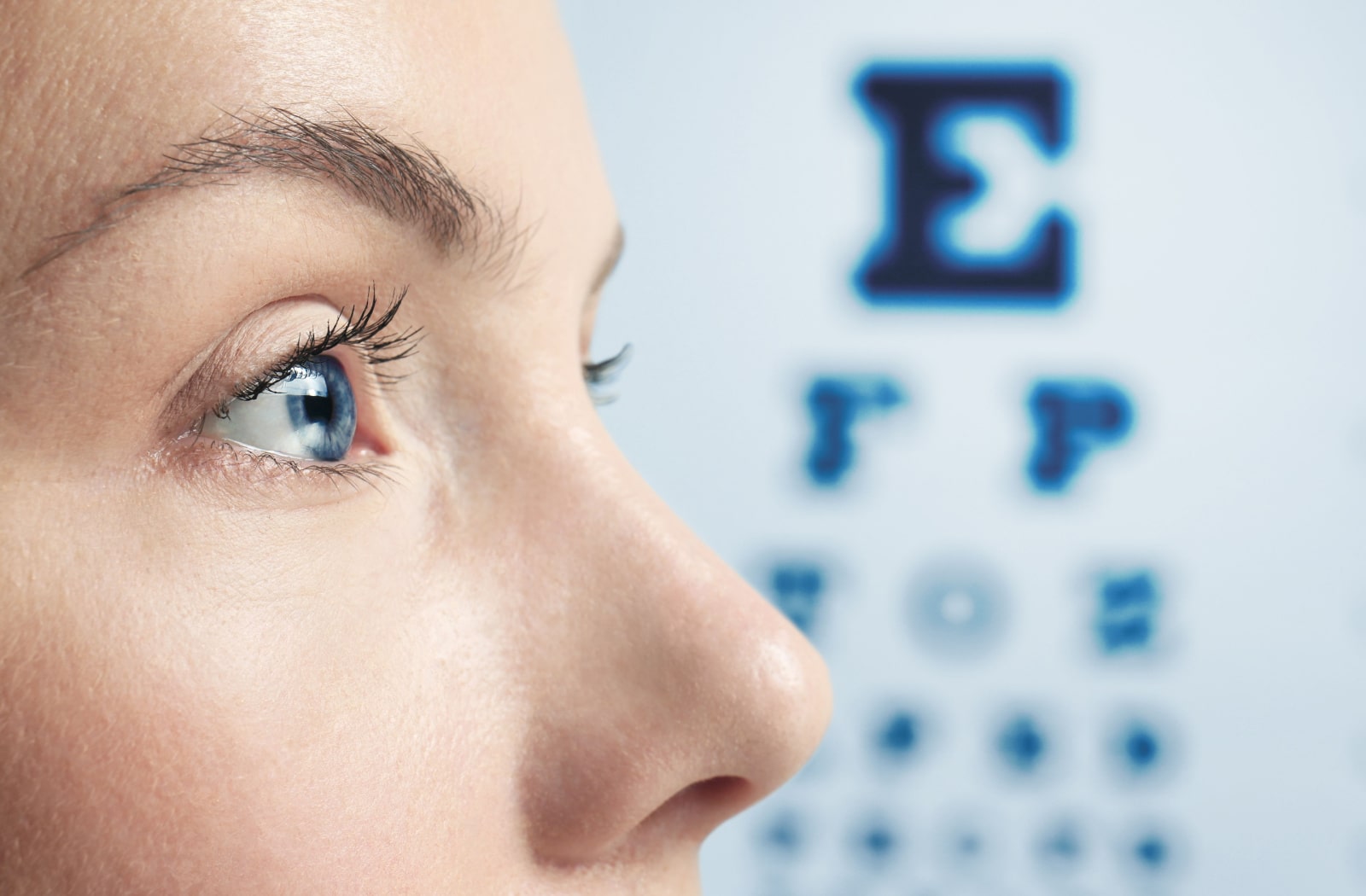Featured
Persistent eye conditions, such as glaucoma, macular degeneration, and diabetic retinopathy, require recurring like preserve vision and preserve high quality of life. Reliable monitoring of these conditions includes a mix of clinical treatment, way of life modifications, and normal surveillance. Right here's just how people can organize their eye wellness and manage chronic eye problems effectively.
One of one of the most crucial action in managing chronic eye problems is adhering to your physician's suggestions. This includes:
![]()
Utilizing proposed medications: Take eye drops, dental drugs, or shots as directed to regulate signs and symptoms or sluggish condition progression.
Attending routine check-ups: Frequent check outs to an eye care specialist allow for prompt modifications to your treatment plan and early detection of adjustments in your condition.
Undergoing essential procedures: Some conditions, like glaucoma or retinal problems, may call for medical or laser interventions to avoid additional damage.
Your general health considerably influences your eye health. Adopting a healthy lifestyle can reduce the risk of problems and improve results.
Eat a balanced diet plan: Nutrient-rich foods, such as leafy eco-friendlies, fish high in omega-3 fats, and fruits, canister support eye health.
Exercise regularly: Exercise boosts blood circulation, which profits the eyes by guaranteeing they obtain adequate oxygen and nutrients.
Take care of persistent conditions: If you have diabetes, high blood pressure, or various other systemic problems, maintain them under control to stop intensifying eye concerns.
Stay clear of smoking: Cigarette smoking enhances the danger of developing or aggravating chronic eye conditions, including macular degeneration and cataracts.
![]()
Avoiding further damages to your eyes is important in handling chronic problems:
Put on safety eyeglasses: Use sunglasses with UV security to secure your eyes from unsafe rays and minimize the danger of problems.
Limit display time: Too much display direct exposure can strain your eyes. Practice the 20-20-20 rule-- look at something 20 feet away for 20 secs every 20 minutes.
Preserve correct illumination: Stay clear of straining your eyes by making certain ample illumination when checking out or functioning.
Recognizing your problem encourages you to make informed decisions concerning your care. Ask your eye treatment company concerning:
The progression and potential outcomes of your condition.
Symptoms and signs that call for immediate interest.
Offered sources, such as assistance teams and academic products.
![]()
Dealing with a chronic eye problem can be mentally difficult. Consider:
Joining support teams: Sharing experiences with others in similar scenarios can supply comfort and functional tips.
Speaking to a therapist: Expert advice can help you deal with the emotional impact of vision adjustments.
Conclusion
Managing persistent eye problems calls for a aggressive and thorough technique. By adhering to clinical suggestions, embracing a healthy and balanced way of life, securing your eyes, and looking for support, you can efficiently navigate the obstacles of these conditions and protect your vision. Normal interaction with your eye care service provider is important to guarantee your administration strategy remains effective and tailored to your demands.
- Adhere To Medical Suggestions and Treatment Plans
One of one of the most crucial action in managing chronic eye problems is adhering to your physician's suggestions. This includes:

Utilizing proposed medications: Take eye drops, dental drugs, or shots as directed to regulate signs and symptoms or sluggish condition progression.
Attending routine check-ups: Frequent check outs to an eye care specialist allow for prompt modifications to your treatment plan and early detection of adjustments in your condition.
Undergoing essential procedures: Some conditions, like glaucoma or retinal problems, may call for medical or laser interventions to avoid additional damage.
- Preserve a Healthy And Balanced Way Of Life
Your general health considerably influences your eye health. Adopting a healthy lifestyle can reduce the risk of problems and improve results.
Eat a balanced diet plan: Nutrient-rich foods, such as leafy eco-friendlies, fish high in omega-3 fats, and fruits, canister support eye health.
Exercise regularly: Exercise boosts blood circulation, which profits the eyes by guaranteeing they obtain adequate oxygen and nutrients.
Take care of persistent conditions: If you have diabetes, high blood pressure, or various other systemic problems, maintain them under control to stop intensifying eye concerns.
Stay clear of smoking: Cigarette smoking enhances the danger of developing or aggravating chronic eye conditions, including macular degeneration and cataracts.
- Secure Your Eyes

Avoiding further damages to your eyes is important in handling chronic problems:
Put on safety eyeglasses: Use sunglasses with UV security to secure your eyes from unsafe rays and minimize the danger of problems.
Limit display time: Too much display direct exposure can strain your eyes. Practice the 20-20-20 rule-- look at something 20 feet away for 20 secs every 20 minutes.
Preserve correct illumination: Stay clear of straining your eyes by making certain ample illumination when checking out or functioning.
- Enlighten Yourself
Recognizing your problem encourages you to make informed decisions concerning your care. Ask your eye treatment company concerning:
The progression and potential outcomes of your condition.
Symptoms and signs that call for immediate interest.
Offered sources, such as assistance teams and academic products.
- Look For Emotional Support

Dealing with a chronic eye problem can be mentally difficult. Consider:
Joining support teams: Sharing experiences with others in similar scenarios can supply comfort and functional tips.
Speaking to a therapist: Expert advice can help you deal with the emotional impact of vision adjustments.
Conclusion
Managing persistent eye problems calls for a aggressive and thorough technique. By adhering to clinical suggestions, embracing a healthy and balanced way of life, securing your eyes, and looking for support, you can efficiently navigate the obstacles of these conditions and protect your vision. Normal interaction with your eye care service provider is important to guarantee your administration strategy remains effective and tailored to your demands.
Latest Posts
Managing Chronic Eye Conditions: A Comprehensive Overview
Published Feb 03, 25
0 min read
Long-Lasting Fences for Residential & Commercial Needs - Professional Fence Services by Idaho Fence.
Published Feb 03, 25
1 min read
Your One-Stop Auto Repair Service in Montclare
Published Feb 03, 25
3 min read
More
Latest Posts
Managing Chronic Eye Conditions: A Comprehensive Overview
Published Feb 03, 25
0 min read
Long-Lasting Fences for Residential & Commercial Needs - Professional Fence Services by Idaho Fence.
Published Feb 03, 25
1 min read
Your One-Stop Auto Repair Service in Montclare
Published Feb 03, 25
3 min read